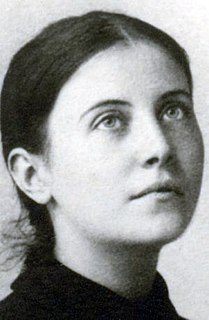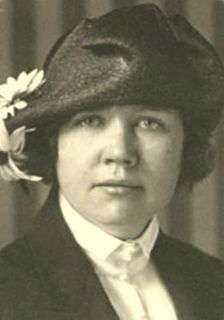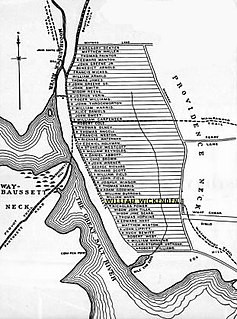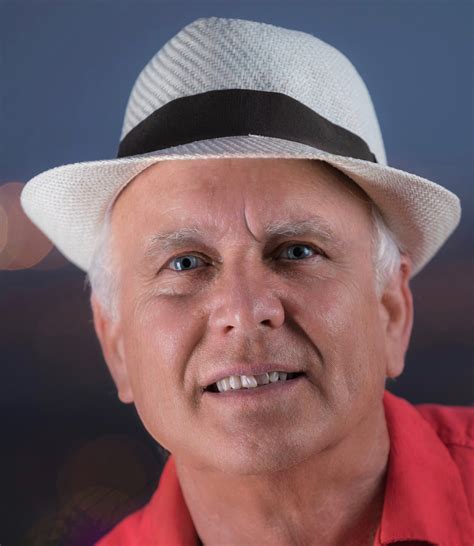A Quote by Susan Faludi
As women began to challenge their own internalized views of a woman's proper place, their desire and demand for equal status and free choice began to grow exponentially.
Related Quotes
I think in a society where you can't even pass the Equal Rights Amendment, it's very difficult to women make a progress. Incidentally, we are exactly 160 years after the very first women's public rights convention in Seneca Falls, New York, when a handful of women started it all and began the movement to make women equal.
Here is the trap you are in.... And it's not my trap—I haven't trapped you. Because abortions are illegal, women who need and want them have no choice in the matter, and you—because you know how to perform them—have no choice, either. What has been violated here is your freedom of choice, and every woman's freedom of choice, too. If abortion was legal, a woman would have a choice—and so would you. You could feel free not to do it because someone else would. But the way it is, you're trapped. Women are trapped. Women are victims, and so are you.
What is clear is that Malcolm X incorporated within the framework of black nationalism a pan-Africanist and internationalist perspective. In doing so, he began to reassess radically earlier positions sexism and patriarchy. He began to break with notions of sexism that he had long held as a member of the Nation of Islam, and began to advance and push forward women leadership in the OAAU.
I began to learn about the universe myself and take it seriously. I know the names of the stars. I know how near or far the heavenly bodies are from our own planet. I know our own place in the universe. I can feel the vastness of it inside myself. I began to realize with each passing fact what a wonderful and awesome place the universe is, and that helped me in comics because I was looking for the awesome.
Since you own your life, you are responsible for your life. You do not rent your life from others who demand your obedience. Nor are you a slave to others who demand your sacrifice. You choose your own goals based on your own values. Success and failure are both the necessary incentives to learn and to grow. Your action on behalf of others, or their action on behalf of you, is only virtuous when it is derived from voluntary, mutual consent. For virtue can only exist when there is free choice.
When I began to listen to poetry, it's when I began to listen to the stones, and I began to listen to what the clouds had to say, and I began to listen to others. And I think, most importantly for all of us, then you begin to learn to listen to the soul, the soul of yourself in here, which is also the soul of everyone else.
As the twentieth century began, science equaled a materialistic worldview. As the twenty-first century began, the worldview of science, at least of physics and astronomy, may have traded place with that of religion. Consider Einstein's famous equation E = mc2. Nothing of matter dies but continues on in another form, elsewhere. The church divines and theologians for two thousand years have devised arguments and "proofs" of immortality but nothing equal to this.






































